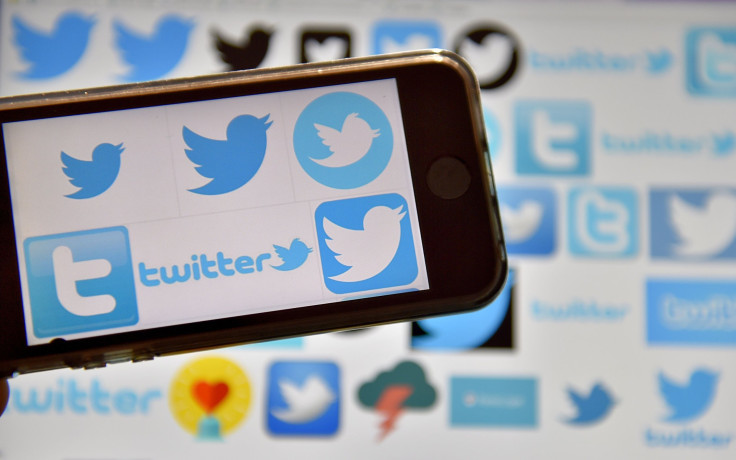Twitter Bans Animated PNGs As They Could Be Used To Attack Photosensitive People

KEY POINTS
- Trolls used APNGs for targeting epileptics
- Such images can trigger seizures in photosensitive patients
- A Texas court called such images a 'deadly weapon'
Twitter has issued a new policy update, wherein, it has banned all animated PNGs from its platform, starting Monday. This comes after the Epilepsy Foundation warned the company that such images could be used to trigger seizures in photosensitive patients.
Before the update, Twitter trolls could attack users by tweeting animated PNGs which could potentially cause seizures in photosensitive people. These trolls could have bypassed Twitter autoplay settings, because of a bug, which allowed them to tweet several animated images in a single tweet using the APNG format.
Because of this warning, Twitter issued an update Monday stating, “We want everyone to have a safe experience on Twitter.”
It also added that APNGs “don’t respect” autoplay settings.
Images with motion and flashing imagery can cause seizures in people who are sensitive to such stimuli, including epileptics. However, the platform will not delete existing tweets with APNGs. However, going forward, users will only be able to tweet GIFs and not APNGs. GIFs are generally tuned to play only if a user clicks on them.
The platform has added that APNGs have not been used to target the foundation, but the possibility of them being weaponized exists. The platform has acted to pre-empt such an attack, the company told Yahoo.
However, the Epilepsy Foundation has stated that it has been attacked with online trolls tagging it in hashtags and using its Twitter handle to send out APNGs with strobing light effects, which happened during the National Epilepsy Awareness Month 2019. The Foundation has actually filed criminal complaints against the accounts believed to be involved in the attacks.
Animated images can be used as “deadly weapons,” according to a Texas court ruling from 2016 from a case that was filed after a man sent a flashing GIF to journalist Kurt Eichenwald, who is epileptic.
© Copyright IBTimes 2024. All rights reserved.





















